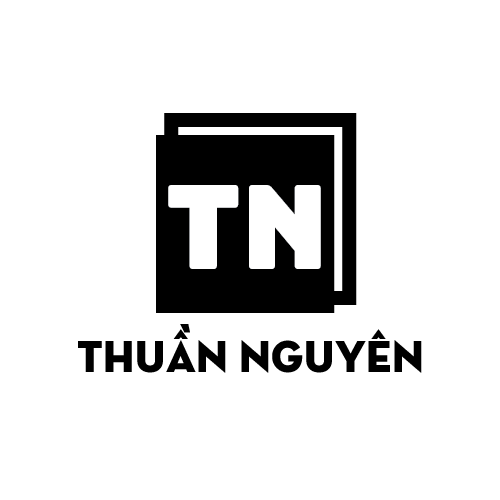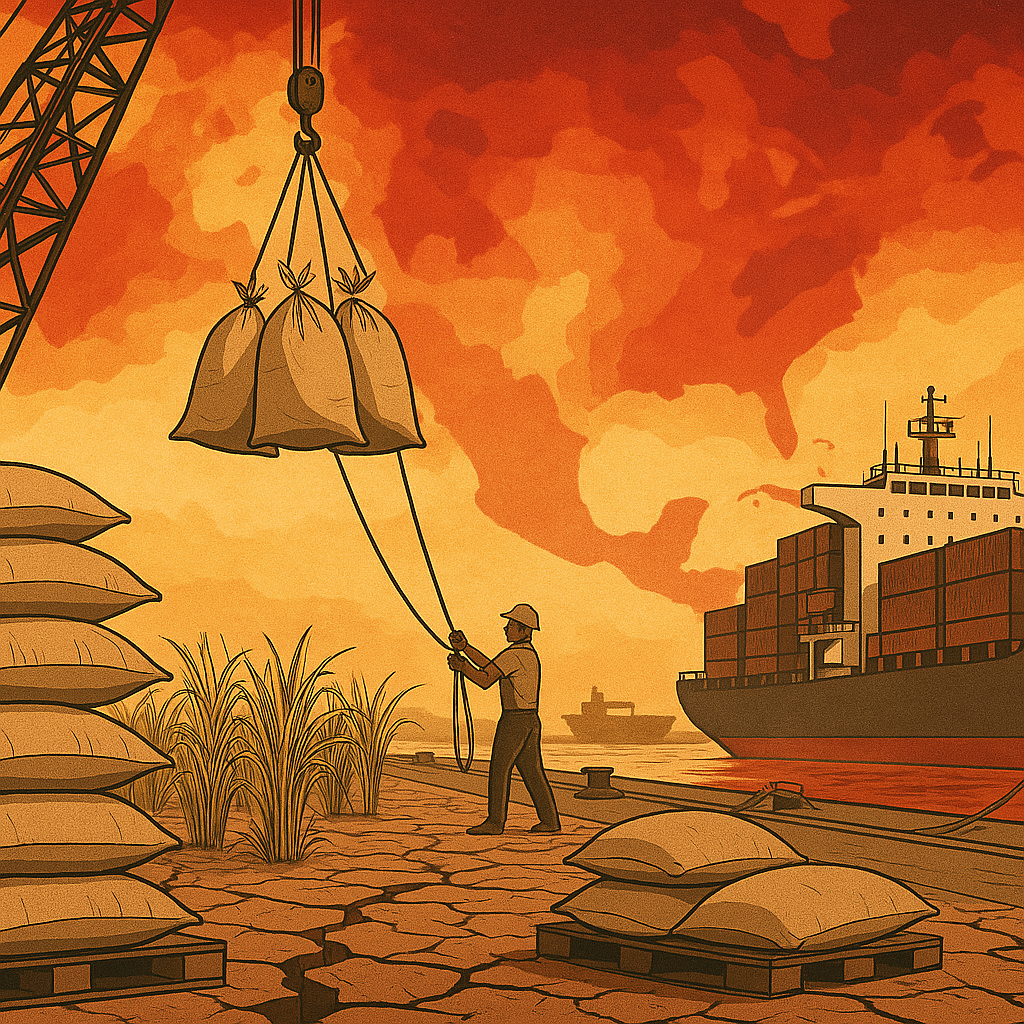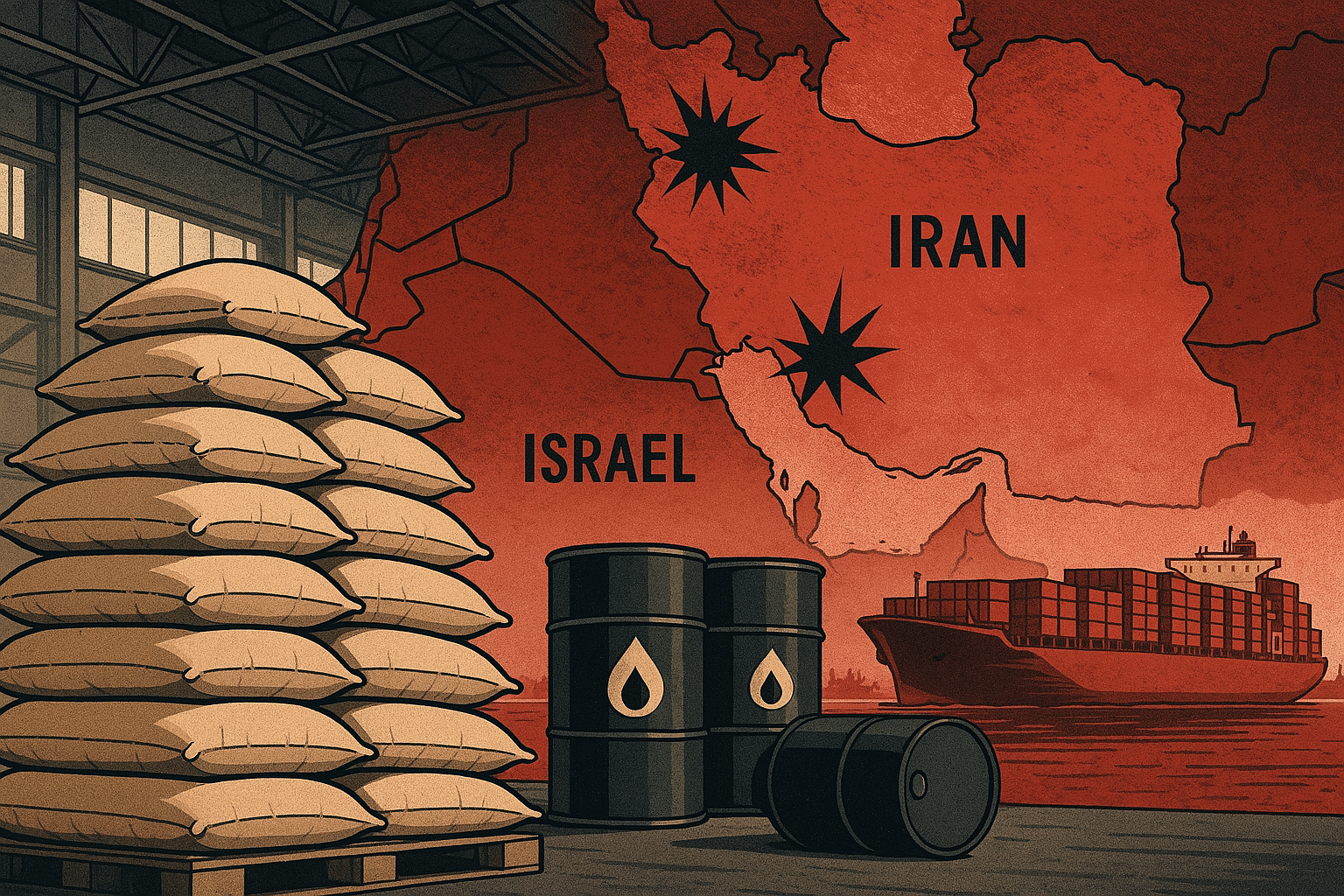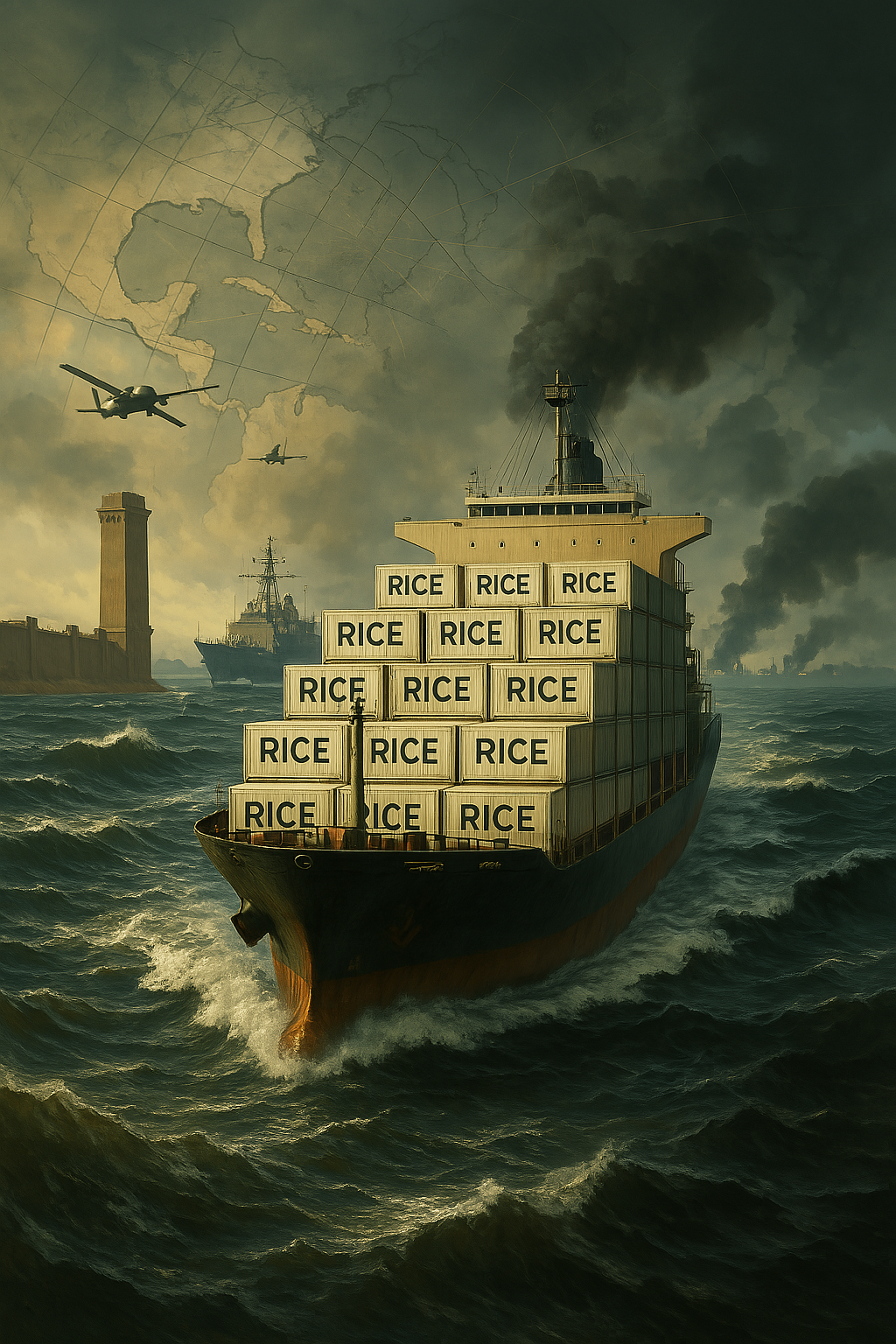According to the latest data from the FAO Food Price Index, rice prices have risen for three consecutive quarters, showing no signs of slowing down. Once considered a stable commodity, rice is now emerging as a strategic asset in the global battle for food security.
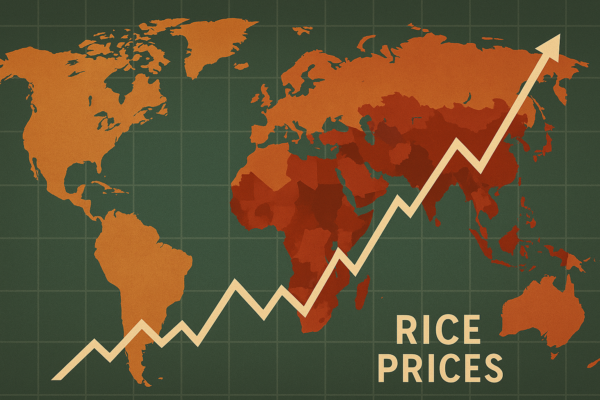
Rice Is No Longer Cheap and Abundant
Since mid-2023:
-
Global rice prices have surged 17%, outpacing even wheat and corn.
-
Major importing countries in Africa and Asia have increased rice stockpiles by 10% to 35% year-over-year.
-
Leading exporters like India, Myanmar, and Pakistan have introduced export restrictions to safeguard domestic markets.
This leaves a critical question for food manufacturers, F&B chains, and distributors:
Should we continue to buy on-demand at market prices – or lock in stable supply and pricing through long-term contracts?
The Winner Isn’t the Cheapest Buyer – It’s the Smartest One
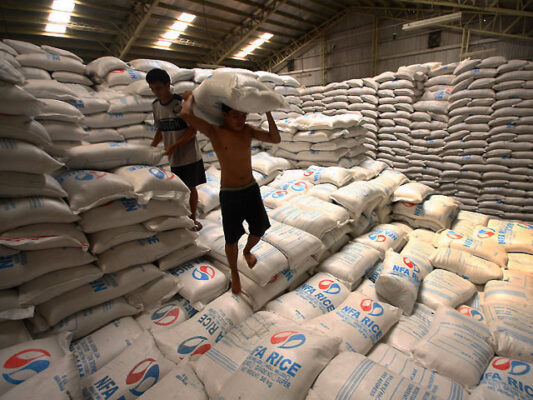
Stockpiling isn’t just about quantity—it’s about strategy. In a world rocked by climate volatility, supply chain disruption, and geopolitics (e.g., the Red Sea conflict, the war in Ukraine), savvy bulk rice buyers are now:
✅ Partnering with reliable, traceable suppliers with their own growing regions
✅ Signing fixed-price contracts with regular delivery (every 3–6 months)
✅ Securing FOB or CIF rates early to mitigate shipping cost volatility
✅ Negotiating volume flexibility clauses to adjust to market needs
Thuan Nguyen Rice – The Partner of Strategic Buyers
In Vietnam, Thuan Nguyen Rice is among the few rice exporters with fully integrated farming and processing capacity. We’re currently offering:
-
Long-term rice supply agreements (18–36 months)
-
Flexible delivery schedules across Asia, the Middle East, and Europe
-
Japonica, premium white rice, and specialty grains tailored to each market
-
Export-ready documentation and logistics support
We serve restaurant chains, grocery distributors, and clean food retailers in Eastern Europe, Singapore, Australia, and the UAE.
Not Buying Rice Is a Risk. Buying Smart Is an Advantage.
The market no longer rewards passive buyers. In a post-pandemic world where climate shifts and global disruptions are the new normal, rice is reclaiming its central role in economic planning.
And those who win won’t be those who pay the least—but those who plan ahead, lock in price, and secure supply before the storm.
